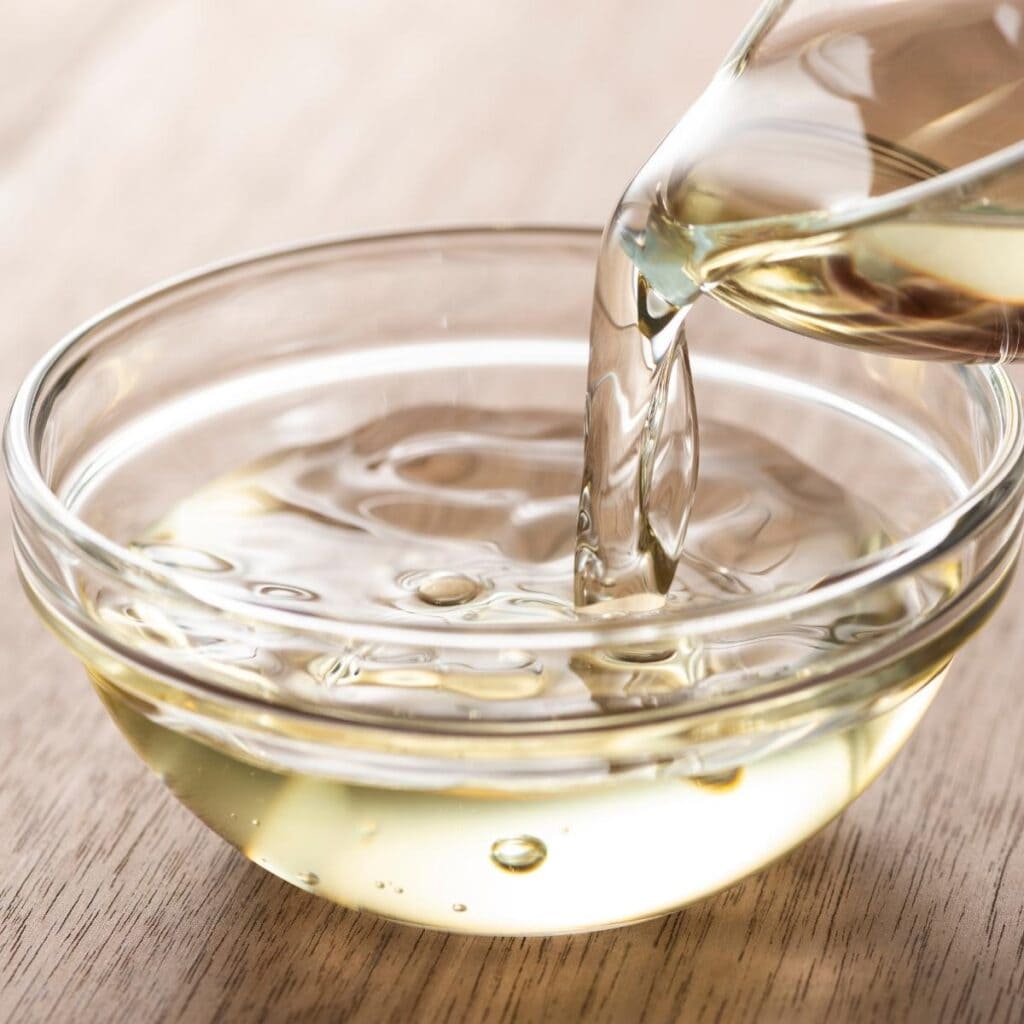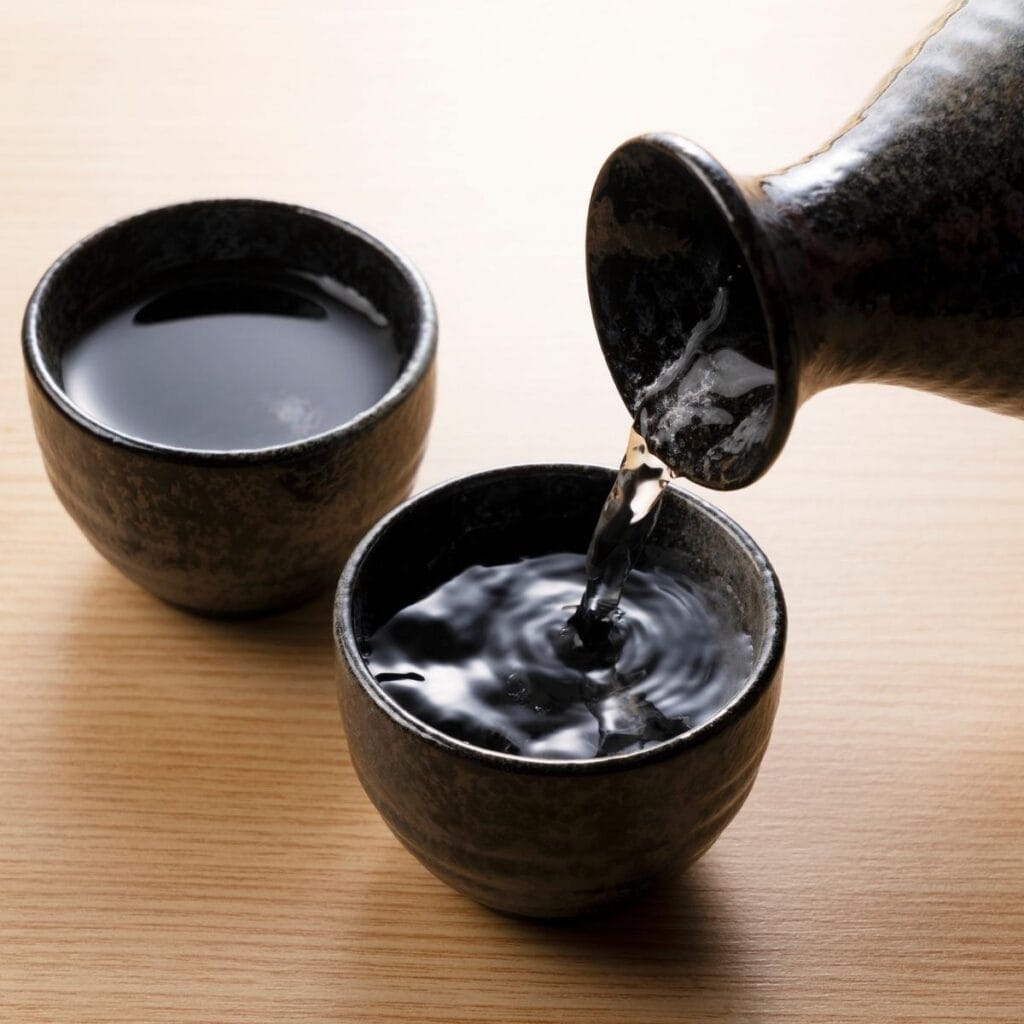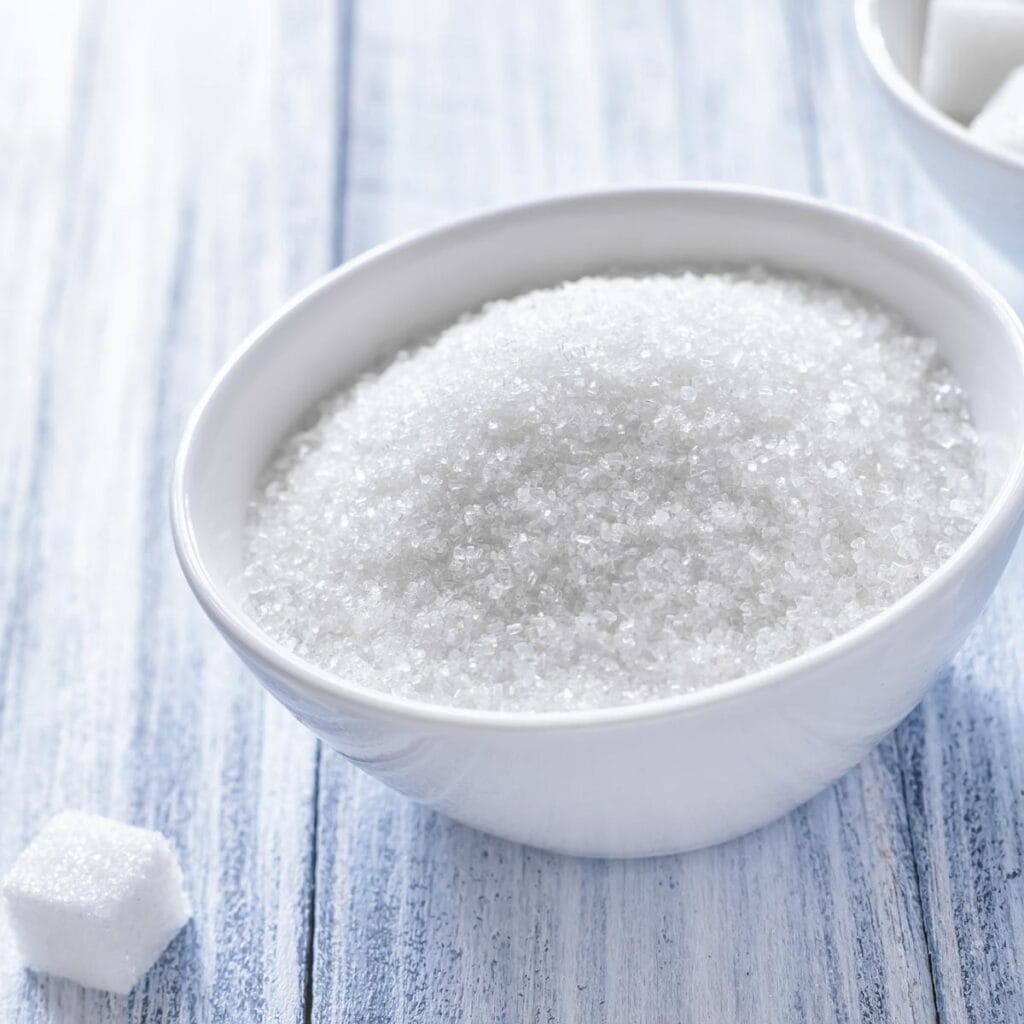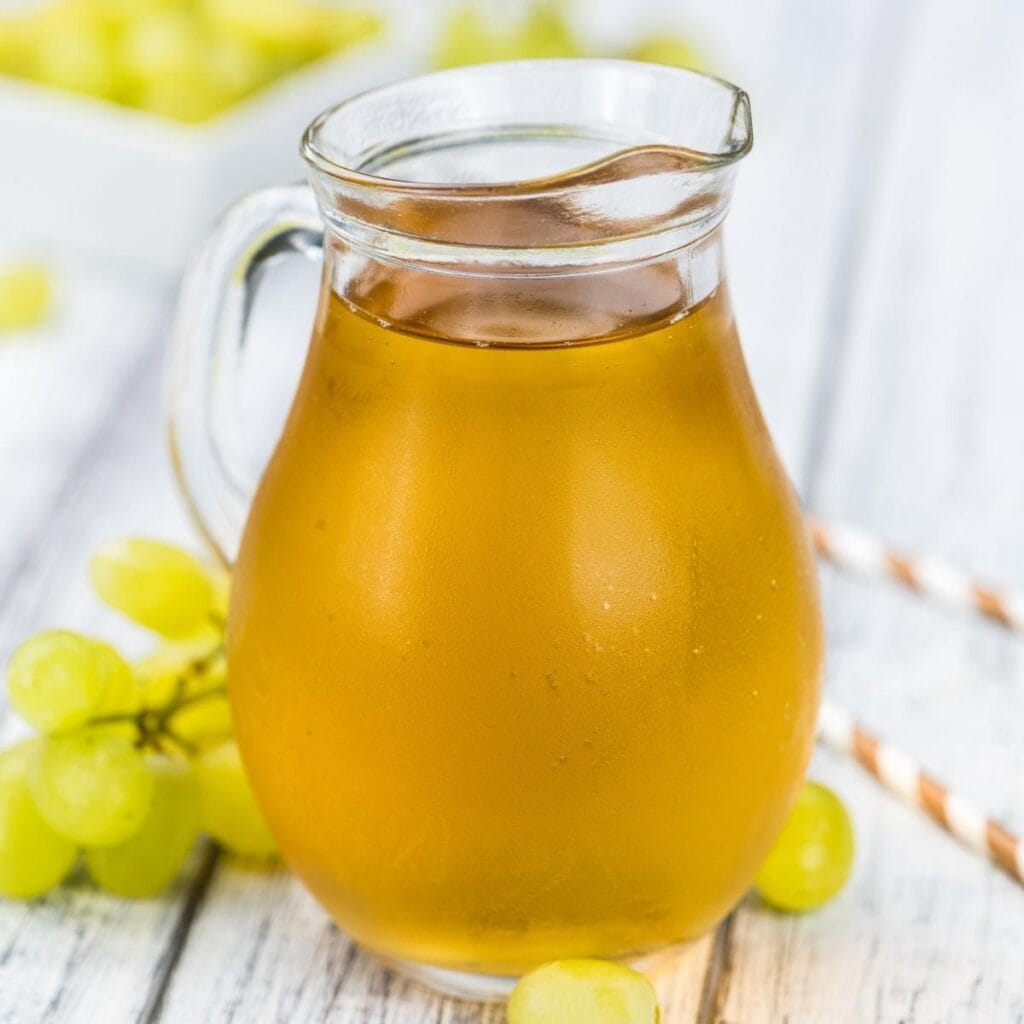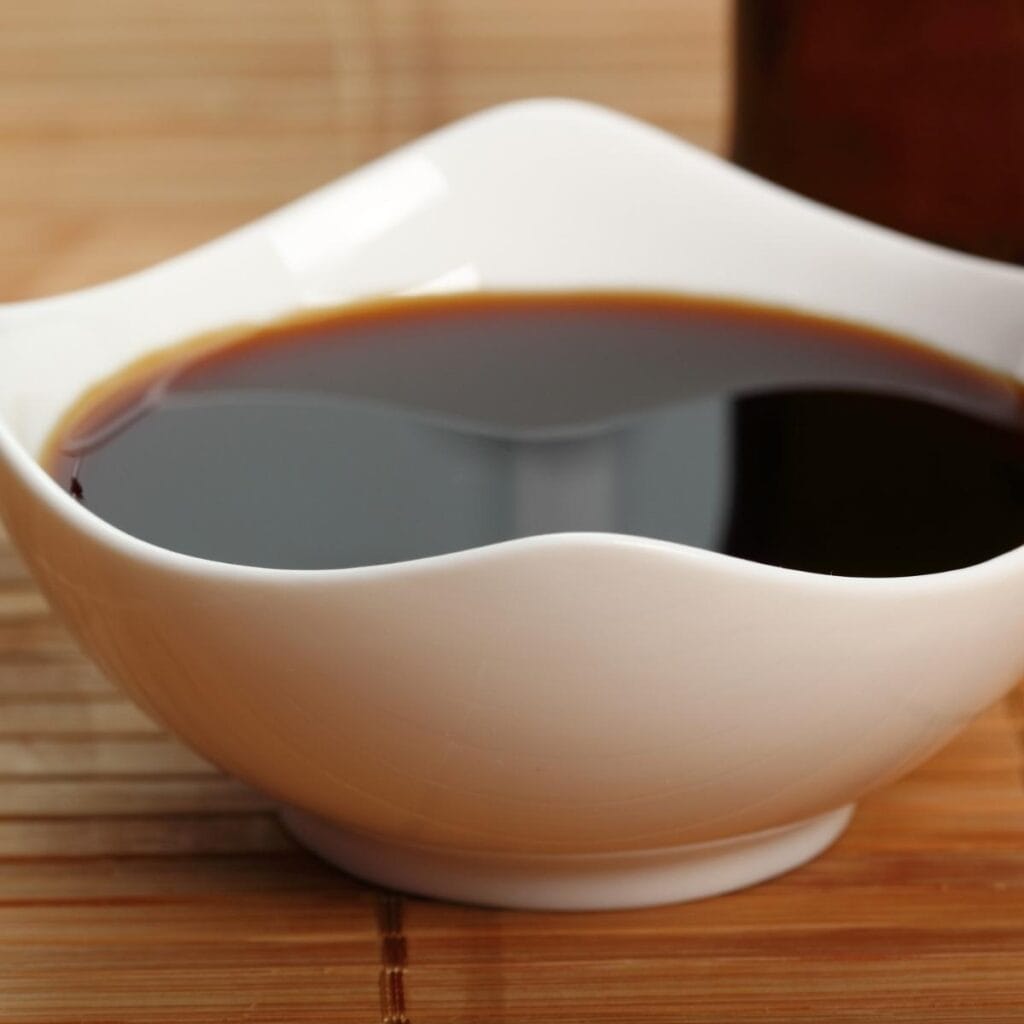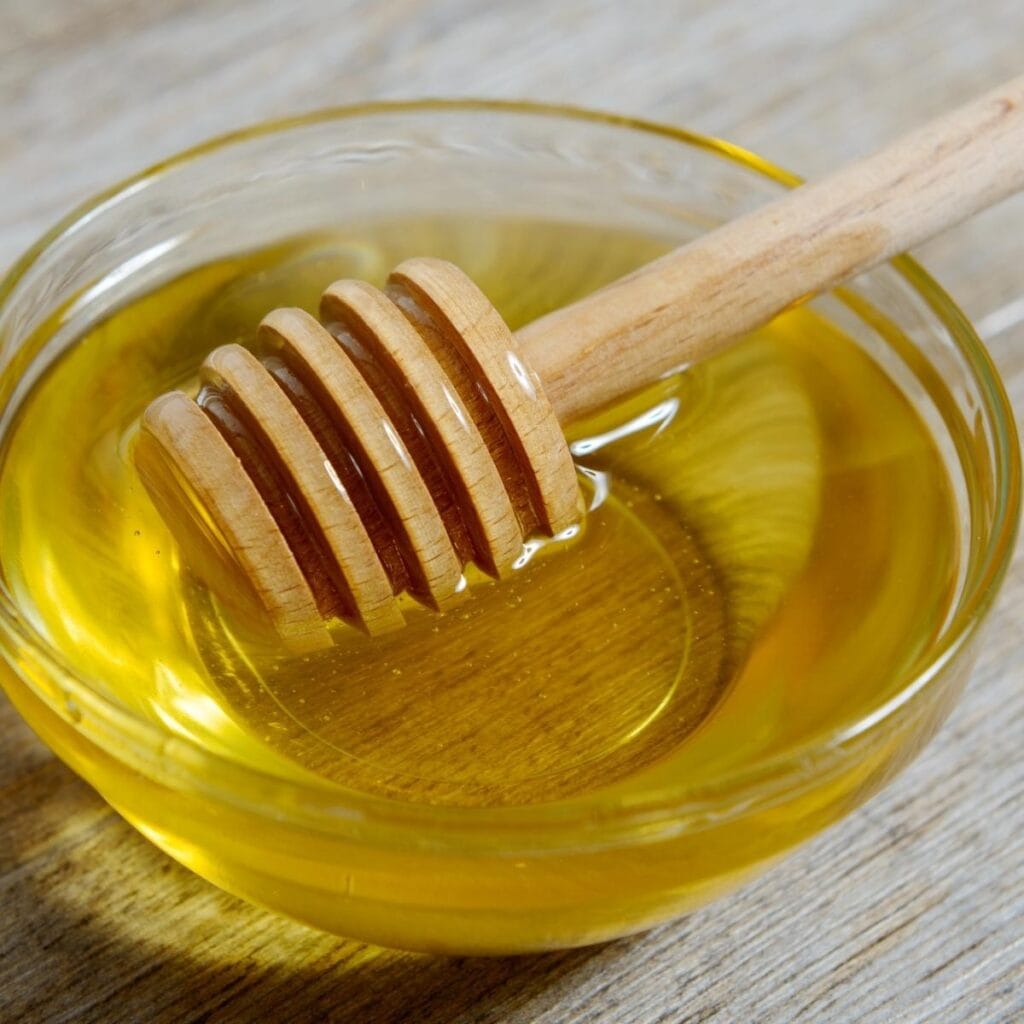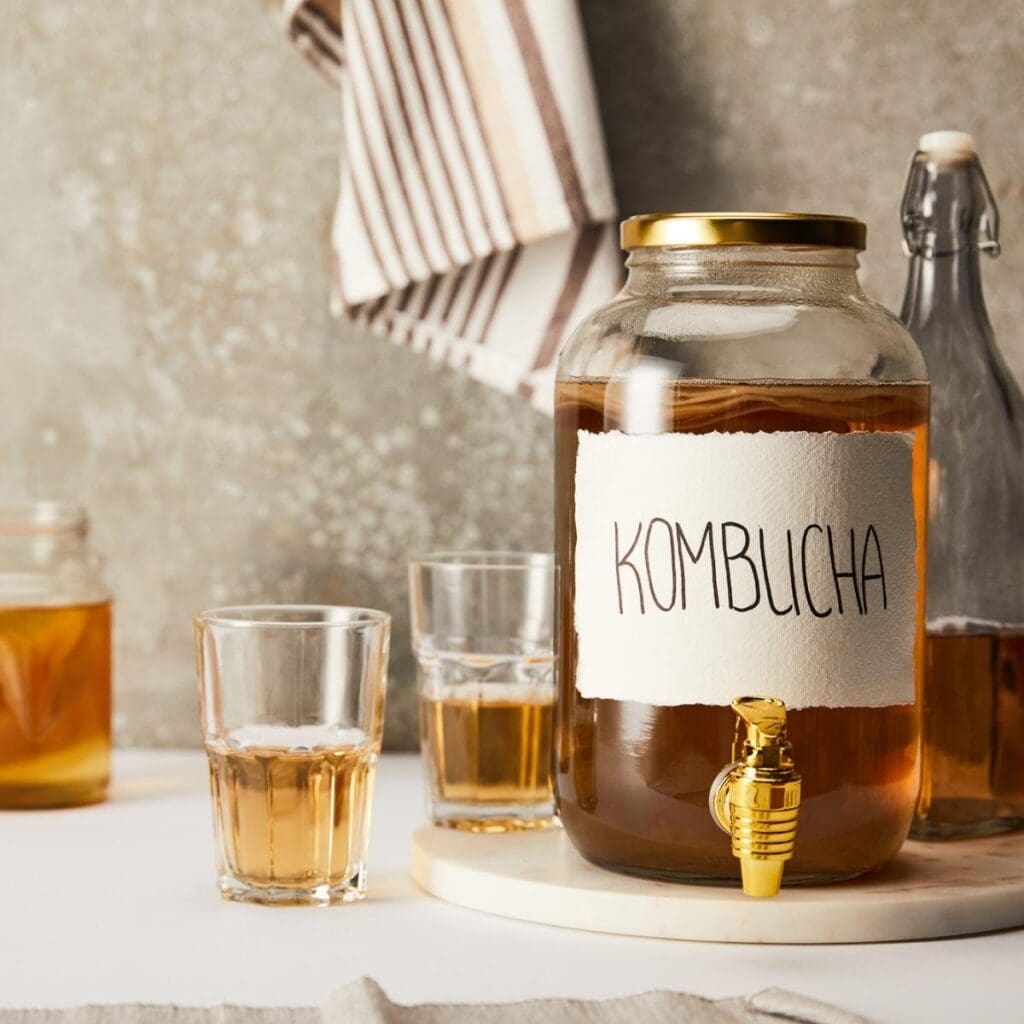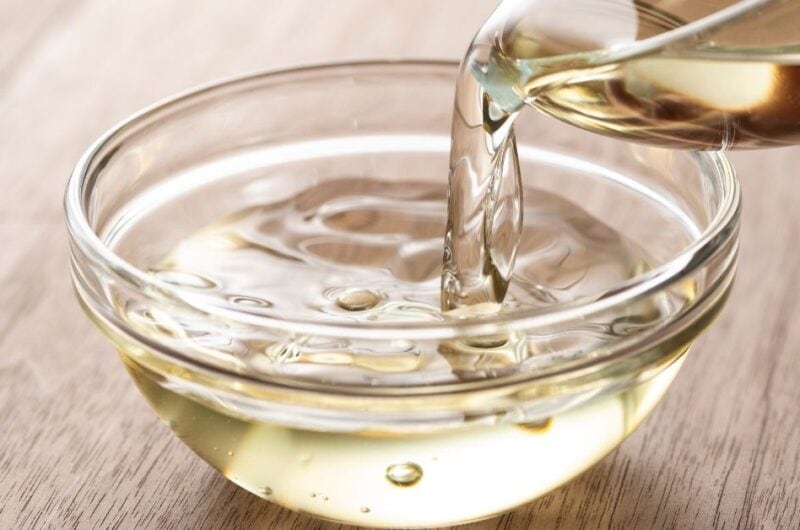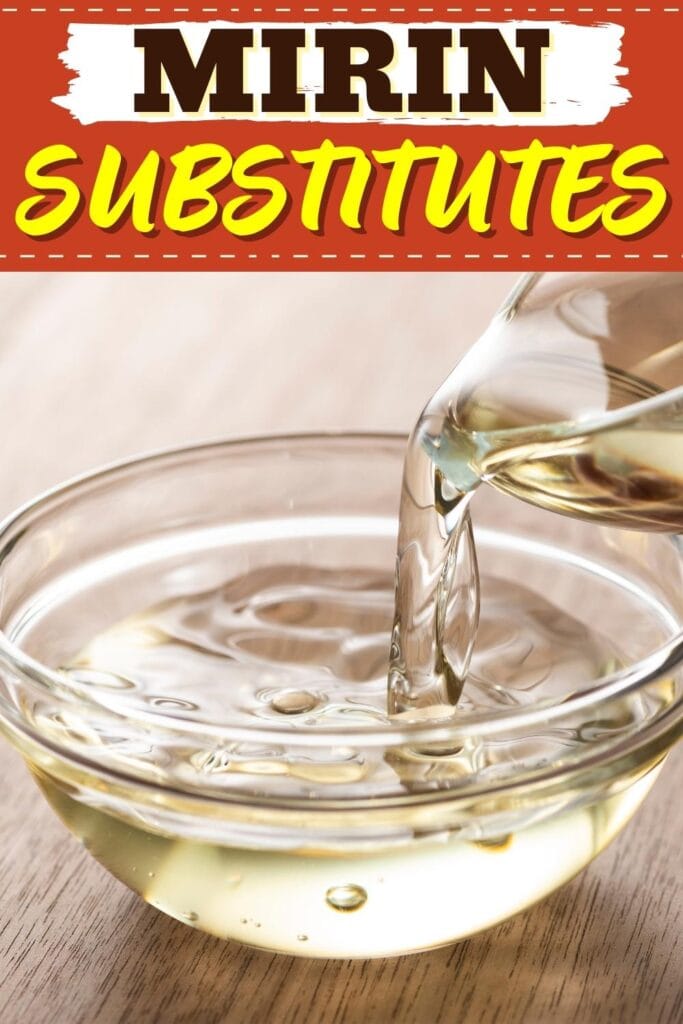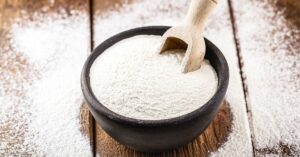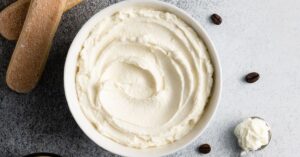Because while the original is best, it’s not always easy to find. And without mirin (or a substitute), your Asian-inspired dinner will be missing that special something. Japanese cooking is rich with deliciously complex flavor profiles. And much of that flavor comes from specialized ingredients, like mirin. For example, it’s a prominent ingredient in Teriyaki sauce, which makes a super flavorful chicken dinner. Therefore, making space for mirin in your pantry is important. Or, make sure you have some handy mirin substitutes in your back pocket.
What Is Mirin?
Mirin is a type of rice wine used in Japanese cuisine. Similar to sake, it has a sweet flavor profile and contains less alcohol. It’s rich, tangy, salty, and quite sweet. And while you can consume mirin as a beverage, it’s primarily used in cooking as a soup base, a braising liquid, or in sauces. Mirin provides a flavor that you’ve almost definitely tasted but probably couldn’t put your finger on. Unless, of course, you’re a pro at Japanese cooking. It is great because it provides flavor and also enhances other seasonings. So, every bite is seriously tasty.
What are the Best Mirin Substitutes in Recipes?
The best mirin substitutes in recipes need to have a sweet and sour umami-rich flavor. Some options are sweeter than others, and some are more savory. However, sake is generally considered the best option for substituting mirin when cooking because it’s the closest in taste and consistency. However, there are other options, which we’ll explore below. So, if you’re in the middle of cooking and find you’ve run out, these mirin substitutes should do the trick. Meshiagare 召し上がれ! Bon appetite!
1. Sake
Like mirin, sake is a fermented rice wine, which makes it a fantastic substitute. Sake is more acidic, more alcoholic, and much less sweet than mirin. It’s just as delicious, though. In fact, sake is a terrific option if you’re watching your sugar intake. It’s also great if you don’t love overly sweet, savory foods. Remember that you have to add sake a little earlier than you would add mirin. That way, the alcohol will have time to cook off before serving. Sake works best in fish dishes or dishes where the recipe doesn’t call for much mirin. Substitution Ratio: Substitute an equal amount of sake for mirin (1:1).
2. Shaoxing Cooking Wine (Chinese Cooking Wine)
Shaoxing is sort of like the Chinese version of sake. It has a lovely nutty flavor, with a hint of vinegar, spice, and caramel. That’s what makes it a great substitute for mirin – lots of umami goodness. Like with sake, you will need to add Shaoxing a little sooner than mirin. This ensures that you cook off the alcohol, leaving behind flavor only. Shaoxing works well for any dish where you’d need to use mirin, but I like it most in Japanese curries. Substitution Ratio: Substitute 1 tablespoon of Shaoxing mixed with 1/2 teaspoon of sugar per 1 tablespoon of mirin.
3. Sweet/Dry Sherry
Try substituting mirin wine with more wine! Sherry is ideal because you can choose the type depending on your recipe. That said, it works with whatever kind you have around. So either way, it adds some acidity to brighten up your dish. Sherry works best for sauces, marinades, and braising. Substitution Ratio: Substitute 1 tablespoon of sherry mixed with 1/2 teaspoon of sugar per 1 tablespoon of mirin. For dry sherry, you may need to taste it as you go. You can add more sugar as needed/to taste.
4. Sake + Honey
I mentioned before that sake is a great mirin substitute, only it’s not as sweet. Luckily, you can fix that with a little honey! Mix 2 parts sake with 1 part honey (for example, 1 tablespoon sake + 1/2 tablespoon honey). The sake and honey mixture works best for sauces and glazes. Substitution Ratio: Substitute an equal amount of the sake mixture for mirin (1:1). If it tastes too sweet, add a little extra sake.
5. Vermouth
Vermouth is another fabulous substitute for mirin because of its slightly fruity flavor. It’s sweet, but not nearly as sweet as mirin. So you may have to add some sugar, depending on how you like your food. Vermouth works very well as a mirin substitute in sauces and marinades. Substitution Ratio: Substitute 1 tablespoon of vermouth mixed with 1/2 teaspoon of sugar per 1 tablespoon of mirin.
6. White Wine
White wine is already used in cooking all around the world, so we know it’s good. Dry white wine works best as a mirin substitute, especially in soups, sauces, and marinades. If you’ve never tried cooking with white wine, give this easy chicken piccata recipe a try. I bet you’ll love it! Just remember that you don’t want anything too expensive. Since you’re cooking with it, you won’t get the whole flavor, which would be a waste of an expensive bottle. Substitution Ratio: Substitute 1 tablespoon of white wine mixed with 1/2 teaspoon of sugar per 1 tablespoon of mirin.
7. DIY Mirin – Sugar and Water
If you need mirin, why not just make it yourself? It won’t taste exactly the same, but it’s very close. And it’s delicious regardless. Here’s how to make DIY mirin: Substitution Ratio: Substitute an equal amount of DIY mirin for mirin (1:1).
8. White Grape Juice
If you like things sweet try white grape juice as a mirin substitute! It’s so sweet that you’ll likely have to add some acidity with lemon juice. But it makes a terrific alternative in a pinch. This substitution works best for sweet marinades and sauces, like homemade teriyaki. Substitution Ratio: Substitute 1 tablespoon of white grape juice mixed with 1/2 teaspoon of lemon juice per 1 tablespoon of mirin.
9. Balsamic Vinegar
I know the color is totally opposite, but the rich, sour, umami taste of balsamic vinegar is a fantastic substitute for mirin. Balsamic works well because of its acidity and sweetness. That said, since the taste of balsamic vinegar is so strong, you don’t need much. I suggest adding a small amount and tasting as you go. This substitute is best in sauces, braising liquids, and marinades. Substitution Ratio: Substitute 2 teaspoons of vinegar per 1 tablespoon of mirin.
10. Water + Honey
While I generally love all things honey, this substitution should be your last resort. Sure it adds plenty of flavor, but you won’t get the same richness as mirin. Still, it works well in sweet dishes and sauces. I suggest adding a splash of white wine, sake, lemon juice, or kombucha for some acidity. That might mess with the consistency of your dish, so don’t go crazy. Substitution Ratio: Substitute 1 tablespoon of water + 1 teaspoon of honey per 1 tablespoon of mirin.
11. Kombucha
If you’re a bit of a health nut, there’s a good chance you already love kombucha. Or maybe you’ve tried a kombucha cocktail and fell in love. Well, now you have another reason to love it: it’s a fantastic mirin substitute! Mirin is fermented and so is kombucha, so both liquids have a lovely, sour taste. Of course, you don’t want to use a super fruity kombucha as it will affect the flavor of your dish. Plain or ginger kombuchas will be your best choices. But I’m not going to stop you if you want to experiment. Kombucha will work for all recipes that use mirin. Substitution Ratio: Substitute an equal amount of kombucha for mirin (1:1). Click on a star to rate it!
Average rating 5 / 5. Vote count: 2 No votes so far! Be the first to rate this post.
Share on social media: Let us improve this post!



